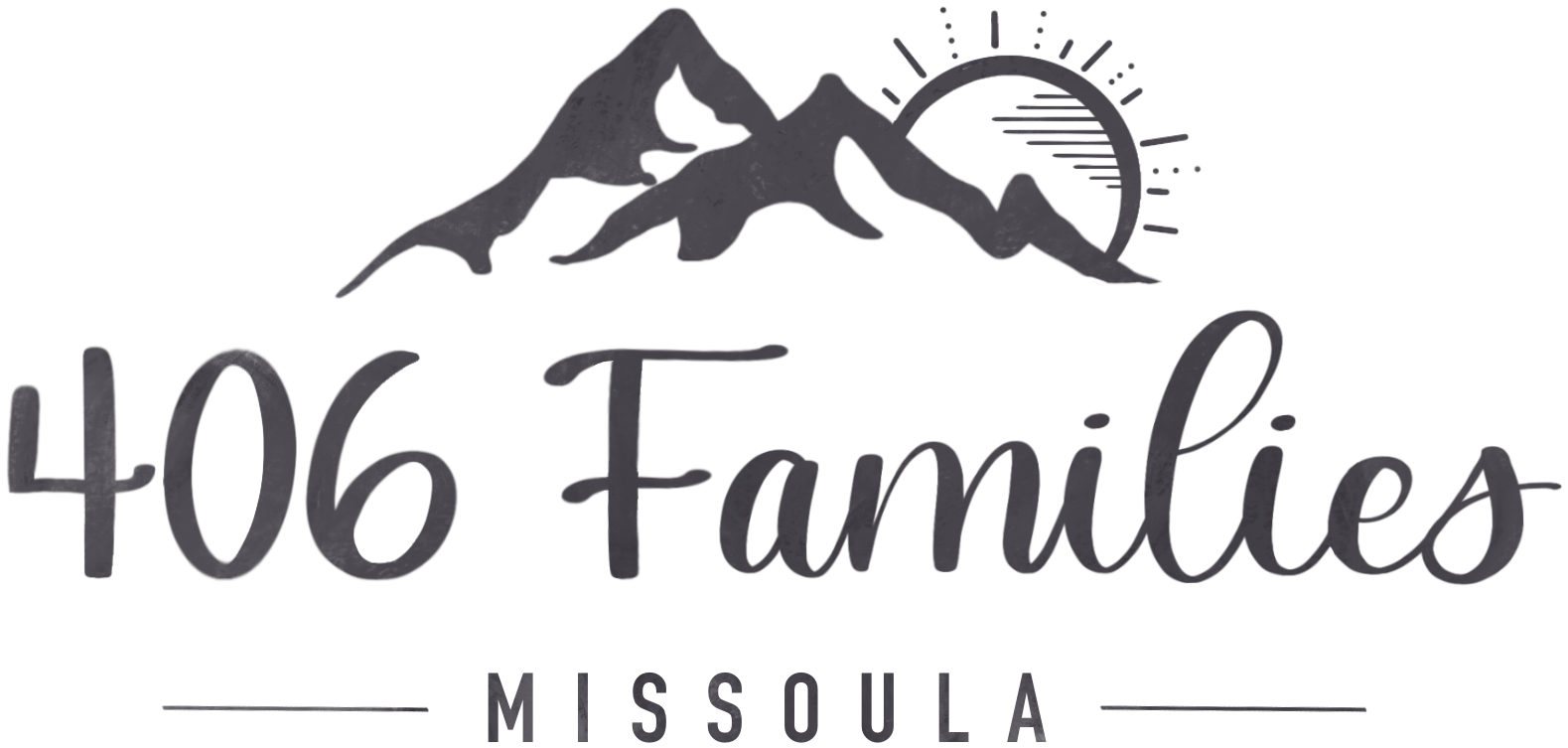Establishing Anti-Racism at Home: Dr. King's Legacy
Note: originally published in January 2020. Edited to remove past events.
As we prepare for Martin Luther King, Jr. Day, we are grateful to our guest contributors EmpowerMT for leading the way in discussions about raising families mindful of race and their efforts to end racism.
As we reflect on Dr. King’s life of work to end racism and mistreatment is a great thing, the division, and hatred in our society urge us to do more. Each of us has an individual responsibility to continue uplifting and listening to marginalized voices while moving forward Dr. King’s vision for this world.
Parents, guardians, and adult caregivers have the incredible and vital responsibility of helping young people understand the world around them. This responsibility allows adults and parents an opportunity to set up the young people in our lives for success when it comes to moving through the world in a way that is anti-racist. These conversations, especially for white identity people, can feel uncomfortable or even inappropriate in some situations. It is important to remember that discomfort and avoidance of questions are answers in and of themselves. Young people LEARN that race shouldn’t be talked about by the reactions they get when asking questions. White dominant society has a tendency to adopt a “color blind” approach to topics. This may be a nice thought, but it completely denies the significance that race has on BIPOC (Black/Indigenous/People of Color) folks.
Below is a quote from Beverly Daniel Tatum’s, "Why Are All The Black Kids Sitting Together in the Cafeteria?": A Psychologist Explains the Development of Racial Identity followed by some resources that might prove helpful when preparing to have these conversations with the young folks in our lives.
“Sometimes the assumptions we make about others come not from what we have been told or what we have seen on television or in books, but rather from what we have not been told. The distortion of historical information about people of color leads young people (and older people too) to make assumptions that may go unchallenged for a long time.”
Montana Racial Equity Project offers a workshop How to Talk to Kids about Race www.themtrep.org
Subscribe to Layla Saad newsletter to get info about upcoming Parenting and White Supremacy online workshop in 2020
EmpowerMT: empowermt.org
EPIC (Empowering People Inspiring Change) After school group: www.empowermt.org/youth-and-schools/after-school-clubs
Missoula’s IDEA for Racial Justice: www.facebook.com/idea4rj
Reading List:
"Why Are All The Black Kids Sitting Together in the Cafeteria?": A Psychologist Explains the Development of Racial Identity By Beverly Daniel Tatum
"White Fragility:” “Why It’s So Hard for White People to Talk About Racism By Robin DiAngelo
“So You Want to Talk about Race” By Ijeoma Oluo
embracerace.org/resources/26-childrens-books-to-support-conversatio
“How to Be an Antiracist” By Ibram X. Kendi
Bergen, Jr., T. J. (2001). the development of prejudice in children. College of Education
UniversityofSouthCarolina, 122(1),154-162.
McIntosh, P. (2019). White Privilege: Unpacking the Invisible Knapsack (1989) 1. On
Privilege, Fraudulence, and Teaching As Learning, 29-34.

